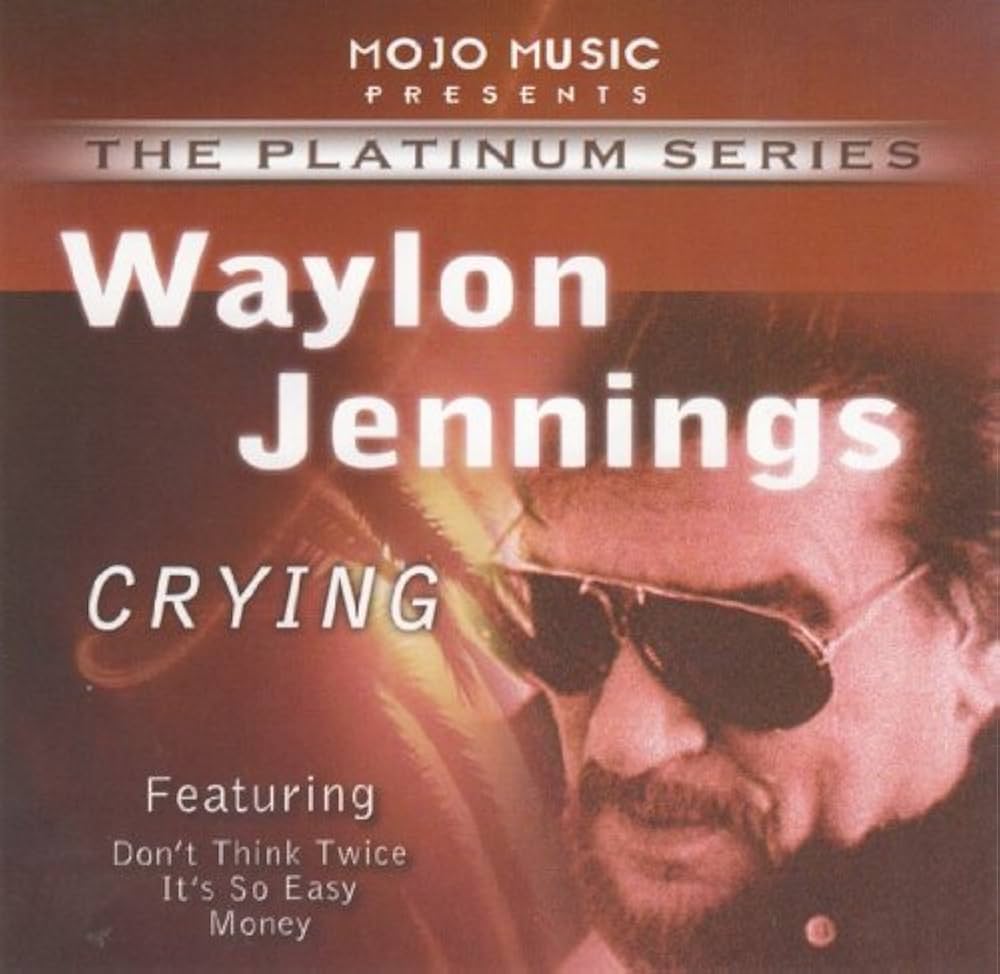
Rediscovering Emotional Depth: Enjoy “Crying” by Waylon Jennings (Released 1978)
Waylon Jennings, one of the most distinctive voices in country music, has always possessed an uncanny ability to translate raw emotion into compelling musical expression. In his 1978 rendition of “Crying,” originally penned and performed by the legendary Roy Orbison, Jennings brings a new layer of emotional gravity, reshaping the classic through the lens of his own weathered voice and rugged musical character.
While Orbison’s original version of “Crying” captivated audiences with its haunting falsetto and orchestral elegance, Jennings goes in an entirely different direction—leaning upon the rich, earthy tones of his vocal range and the stripped-down authenticity of outlaw country. The result is one of the more poignant iterations of the song, filled with understated power and a world-weary wisdom that only someone like Waylon could deliver. His interpretation doesn’t attempt to mimic the soaring vulnerability of Orbison, but instead, it leans into a grounded melancholy that feels lived-in and personal. He sings not as someone lamenting a fresh heartbreak, but as a man reflecting with a quiet dignity on love lost—and the pain that lingers.
By the late 1970s, Jennings had thoroughly established himself as both a pioneer and a rebel within the broader country scene. He had already earned his credentials as a founding force behind the Outlaw Country movement, breaking away from the polished Nashville sound to go his own direction—one that embraced grit, honesty, and musical independence. His take on “Crying” falls neatly within this philosophy. There is minimal embellishment. Each note feels intentional, and each pause between words gives the listener space to feel the sorrow themselves.
Jennings’ version is backed by a sparse yet effective arrangement. The soft organ tones, gentle percussion, and pedal steel guitar all work in quiet harmony, letting Waylon’s voice carry the bulk of the emotional weight. There are no grand crescendos or dramatic modulations—instead, there is emotional patience, a kind of respectful nod to the theme of the song, rather than a full-blown theatrical performance. Perhaps this is what makes his cover so enduring: its simplicity makes it resonate all the more deeply.
“Crying” as performed by Waylon Jennings is not just a cover; it is a reinterpretation that honors the original while firmly planting its roots in a different soil. For longtime fans of Jennings, this track serves as another example of his artistic integrity and emotional storytelling. For new listeners, it may act as a gateway into the more reflective side of outlaw country—a side less concerned with bravado and rebellion, and more interested in the kind of introspection that can only come from weathering life’s many storms.